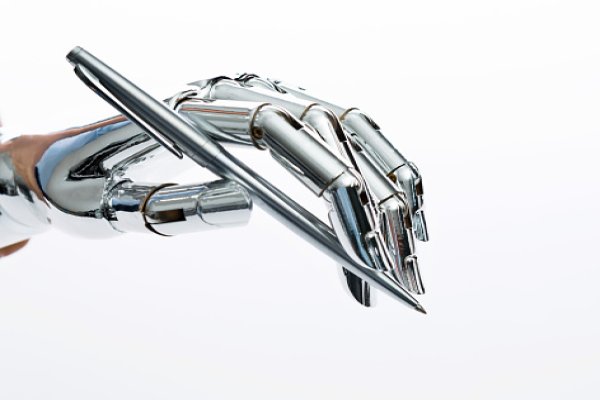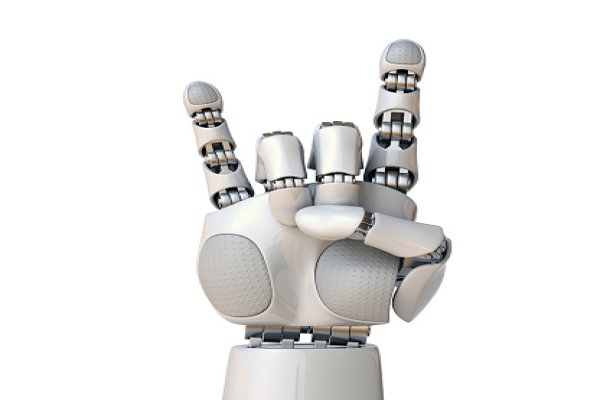AI in 2021 made remarkable progress compared with 2020, and the momentum for AI is still strong. Employed in fields ranging from finance to healthcare to manufacturing, AI technology facilitates restructuring activities and ameliorates hard-to-solve issues.
Using AI’s predictions from last year as a catalyst, this article will discuss four ways AI may revolutionize the near future. Specifically, it will explore how Artificial Intelligence may be poised to bring about powerful societal transformations.
Ramping Of Generative AI To Keep On
In 2022, Generative AI saw a dramatic increase in usage- systems such as DALL-E 2, Stable Diffusion, and Midjourney revolutionized graphic design, allowing users to quickly create high-quality visuals from cue words.
ChatGPT can be a powerful chatbot, providing answers to inquiries, drafting emails, crafting code, and writing full essays without prior knowledge.
The development of Generative AI has been remarkable in recent years, with the release of DALL-E 2 producing even more impressive picture-perfect generations compared to its predecessor—released only two years earlier.
The speed of technological development will likely continue rocketing, as evidenced by Google’s text-to-video AI model, which may surpass advancements since DALL-E 2.
OpenAI has unveiled its much-anticipated GPT-4 system and promised that it would be able to handle multiple inputs: images, sounds, and low text all at once. This is a tremendous jump since previous versions of the system only worked with delivering natural language.
An AI with the ability to function through multiple modes has the potential to construct new business plans that offer a variety of occupations in addition to undisclosed career pathways previously unimagined even within the preceding year.
Firms will use AI in creative processes
Generative AI, increasingly adopted in the commercial field and creative workflow processes is projected to become a more widely used technology shortly.
While leveraging generative text and imagery, companies can routinely create new content and advertising displays – never seen before.
Drafting can become time-consuming, which ultimately increases your marketing budget. However, personalized content created quickly and efficiently can drastically reduce these costs while maintaining effective results.
Generative music and imagery can be at the core of evolved marketing. The possibilities are endless, from commercial jingles and background music for videos to creating logos and enhancing social media posts with impressive visuals. All this is only possible thanks to the advent of AI-generated content.
AI-assisted content is the focus of a revolution occurring in the marketing industry. This revolution is driven by cutting-edge capabilities that allow marketing teams to create content appealing to specific user needs.
AI In Healthcare will Drive Drug Dev. And Personalized Med., Revolutionizing The Industry
AI promises to revolutionize the healthcare industry by bringing insights and cost-effectiveness for gene-sequencing work. This technology works by analyzing genomic data and unlocking hidden details so that researchers can more efficiently locate the underlying causes of disease and consider potential therapies.
Pfizer states that Artificial Intelligence (AI) is being utilized to anticipate drug efficacy and adverse reactions, along with managing considerable volumes of documentation and data that back any pharmaceutical product.
Regulatory filings can be expedited by harnessing the power of machine learning, which can anticipate questions and use data-driven insights to take a proactive approach.
AI is used to gain deeper insights into patient health to provide more tailored treatments and care plans. This technology offers actionable findings for healthcare providers, enabling them to craft individualized treatment options that better fit their patients’ unique needs.
The power and granularity of physiological data mean that it can enable doctors to make the best treatment decision for an individual patient, with nuances in analysis offering vital insights into how they will react. This enables physicians to assess potential responses, affording them a richer view when choosing the right course of action.
Greater Emphasis On Responsible AI & Ethics
Growing AI adoption inevitably focuses attention on the smart usage of the technology. For example, Image generators today can generate images with lifelike qualities, raising fears about potential breaches of artistic integrity and exploitation.
AI has faced criticism about its potential propagation of human biases. Training AI technologies with data given by man puts them at risk of reproducing existing power disparities within society. These considerations challenge companies to develop successful structures to incorporate AI into their production systems.
AI is set to have a significant impact on multiple industries shortly. With technological advancements, we can expect AI to become more human-like, transform healthcare, revolutionize the workplace, and transform transportation. While there may be challenges to overcome, such as privacy concerns and job displacement, the potential benefits of AI are enormous. As such, we must continue to invest in AI research and development to unlock its full potential.
Source: Forbes



